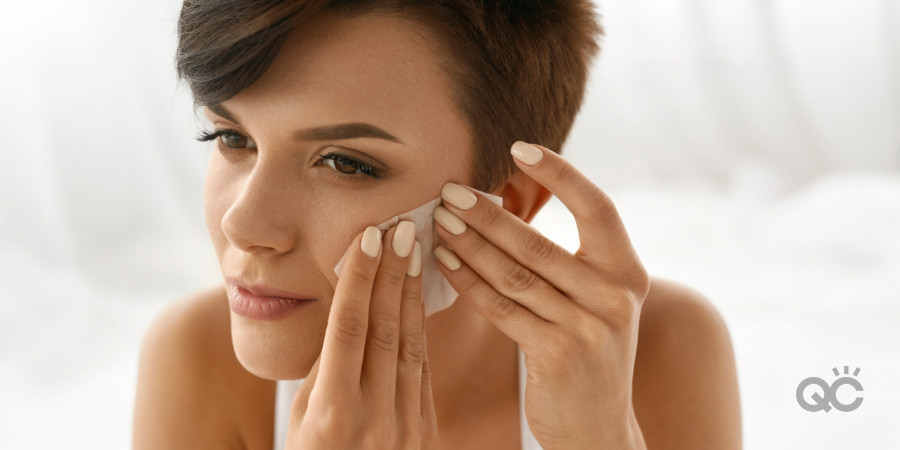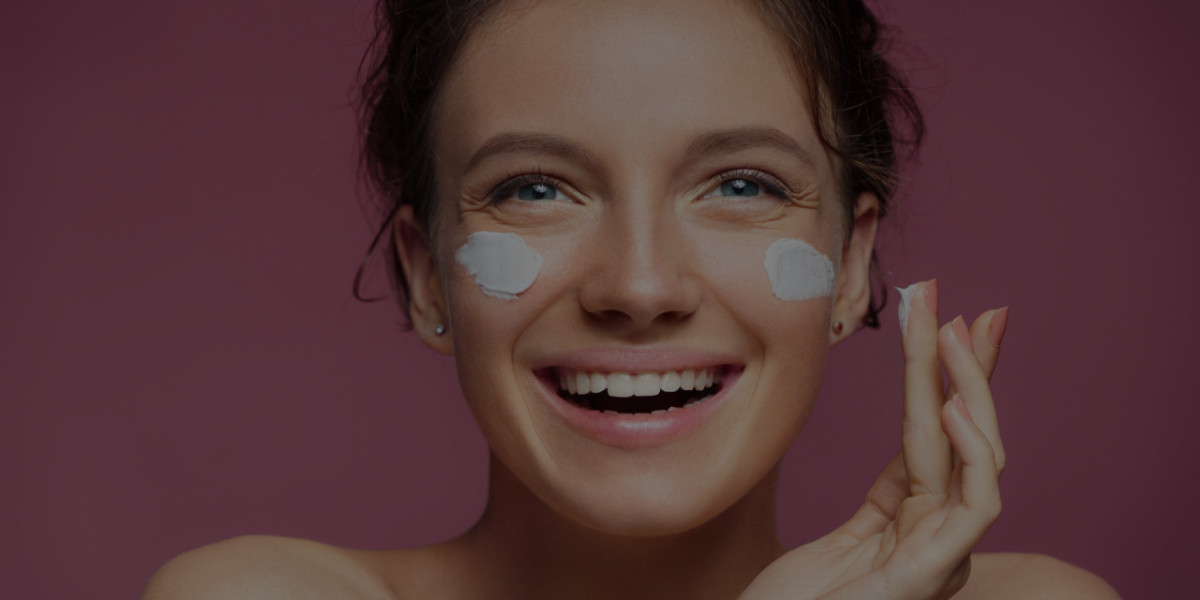Today we are going to be talking about oily skin: things to do, things not to do and general tips to keep in mind. Oily skin isn’t a bad thing! Obviously, it can get annoying to keep blotting and you may have issues with the way your makeup wears, but I believe it to be the lesser of two evils. If you’re working with dry skin, the makeup will not apply smoothly and as a makeup artist, it’s tough to exfoliate on the spot, especially if exfoliation is the only option. It is essential to be prepared for all situations. I always bring exfoliating facial wipes (they may not be ideal, but they will help reduce some flakiness), moisturizer and an amazing setting powder. Those three things can combat any and all skin concerns!
Controlling Your Oily Skin
In terms of oil-controlling products: some work, some don’t. It may be the product that works or the skin it’s applied on. Dealing with tons of different clients and skin types, it’s next to impossible to know what will work for any specific individual. My rule of thumb is to ask your client their skin type, feel their bare skin with your finger tips, look for larger pores (as they are usually a sign of oily skin), gently pinch the chin or cheek and see if dry skin appears and flakes, then ASSES the situation thoroughly. Use the products that you feel best suit the skin type.
Oily skin types tend to prefer a fuller coverage foundation as some struggle with blemishes or large pores. Don’t be afraid to use the product you believe will give the best result. Start with a clean hydrated surface (regardless of the skin type), wipe the skin clean, apply a moisturizer or primer and apply makeup as your normally would. I tend to use concealers through the T-zone (especially on oily skins), set and powder these areas well.
Sometimes, I find products that are targeted toward a certain skin type don’t always perform the way I would like. I use my favorite go-to products for all my clients (varying on the type of look/finish they want). What might differ is the advice I give them to up keep the look for the rest of the day and the skin care advice I suggest.

I suggest that my oilier clients bring a blotting powder or blotter papers with them, a few q-tips for little tiny fixes, and I ask them to avoid touching their face with their hands as much as possible. For dry or normal skin, I suggest the same things but I also suggest packing a little container of skin balm/moisturizer to lightly dab and rehydrate areas where they may start to flake.
Skincare for Oily Skin
Having oily skin myself, I believe I know what works well for me (and many people whom I have made these suggestions to) but I understand they may not be for everyone! Oil combats oil. A big mistake a lot of people make when trying to combat their oily skin is depriving it of moisture. This is probably the worst thing you can do. While you deprive your skin, it goes into overdrive thinking to itself “OMG I’m losing oil, I have no protection, I must produce more… and more!”
In turn, you are actually promoting more oil production when you decide not to moisturize. When your skin is receiving the right amount of hydration and nutrients, it will slow down oil production and start to level out.
I use an oil cleanser and I moisturize with Argan Oil. I know—scary! But, like I said, oil combats oil and my skin doesn’t produce an outrageous amount of oil at all. My makeup glides on with ease and I set it well to ensure it’s long wear. I do have to touch up with powder maybe once throughout the day as my natural oils do start to seep through (something that is pretty much unavoidable for oily skin). Exfoliating regularly is just as important as staying hydrated. Invest in a good quality exfoliation treatment and listen to your skin. Too much exfoliation can result in dry skin; look at your skin and assess what it needs!
I hope these tips and tricks helped you out as an artist and for your personal knowledge as well! Happy blotting 😉

please tell me the scrub for oily and combination skin